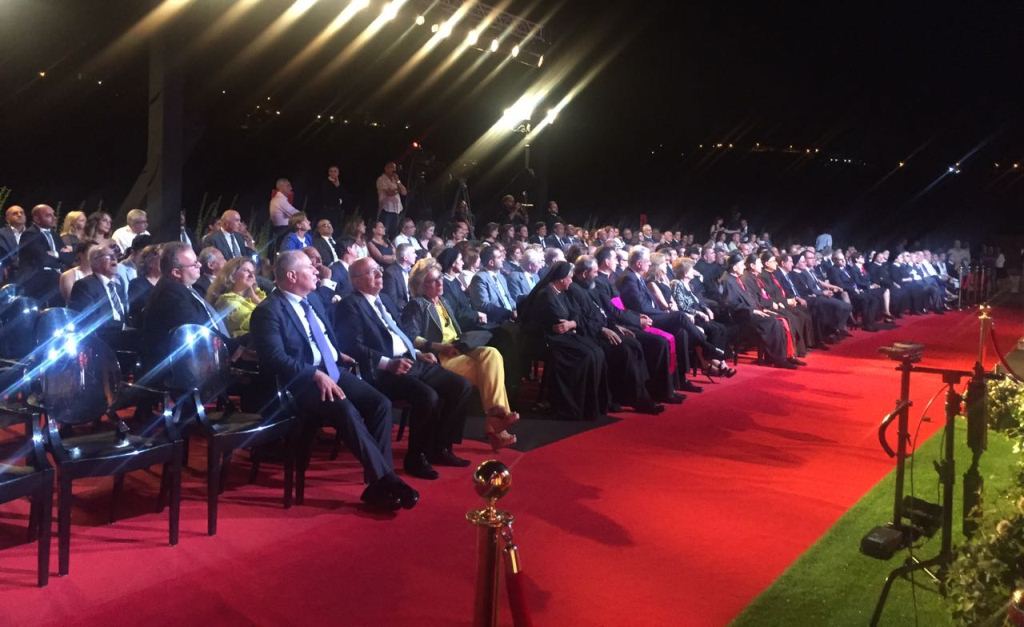Beirut- Lebanese head of General Security Maj. Gen. Abbas Ibrahim’s announcement on Saturday that the institution he runs is now close to end the file of the abducted Lebanese soldiers reflects the level of progress that touched the tasks of the directorate since the appointment of Ibrahim in his position five years ago.
“We will not rest until we uncover the whereabouts of the abducted soldiers. We are very close to ending this file,” Ibrahim said on Saturday, adding that what the General Security and other security apparatus have accomplished is a national achievement for the state and all the Lebanese.
“We will not allow any threat to harm Lebanon even if we had to pay our blood and lives for this,” he said.
Ibrahim was speaking on the occasion of the General Security’s 72nd anniversary in the presence of President Michel Aoun.
Mounir Akiki, a retired General from the General Security Forces and current Editor-in-Chief of the ‘Al Amn Al-Am” magazine told Asharq Al-Awsat that since his appointment in 2011, Ibrahim placed a five-year strategy with an aim to develop the institution at the logistic level and to build and improve its human capacities.
At the administrative level, Akiki said that Ibrahim’s plan includes “modernizing the structure of the General Security by establishing new directorates to meet the expanding needs of issuing passports, residencies and visas,” particularly with the presence of large numbers of Syrian refugees, who presented additional pressure on the directorate.
At the security level, Akiki said that the number of General Security personnel grew from 4 to 7 thousand in five years, allowing the directorate to expand in the framework of an official security plan placed earlier by the Lebanese government.
According to the retired general, Ibrahim also succeeded in solving the country’s very complicated security files.
“Ibrahim is currently handling three files: the Lebanese soldiers abducted by ISIS since 2014, the file of the Aleppo patriarchs, and the file of the Lebanese photojournalist Samir Kassab,” who was taken hostage by ISIS in northeast Syria three years ago.
